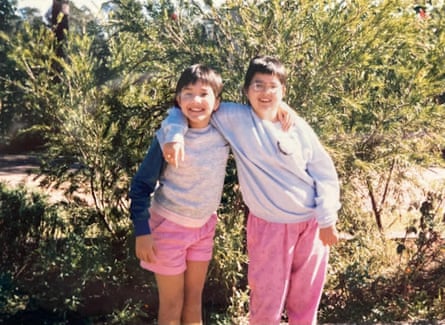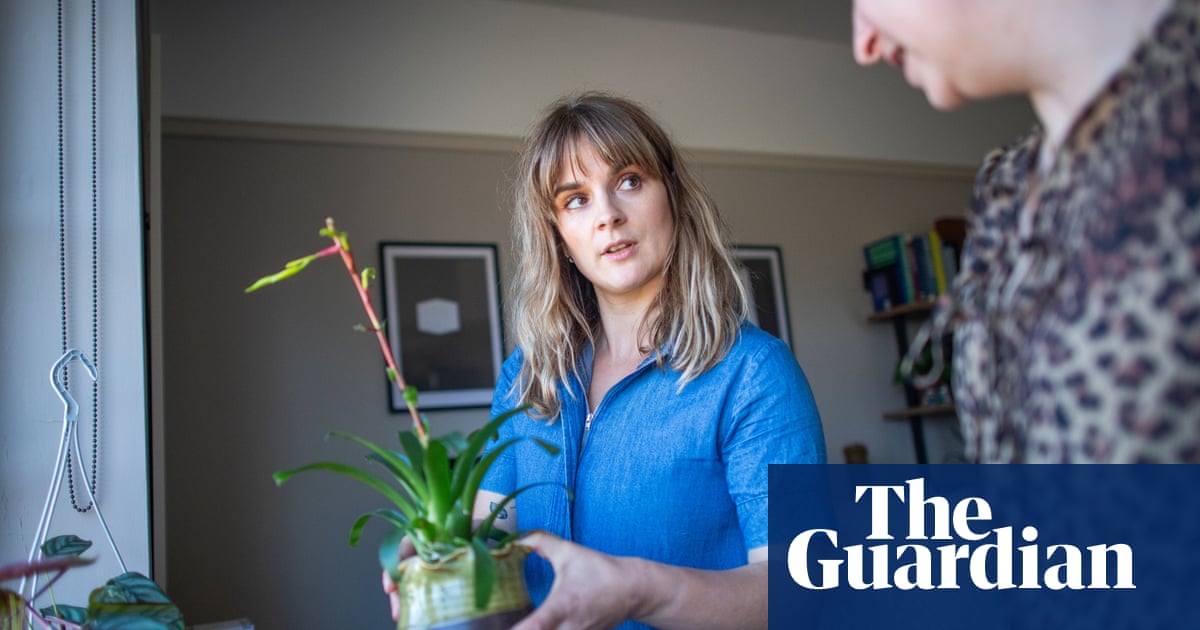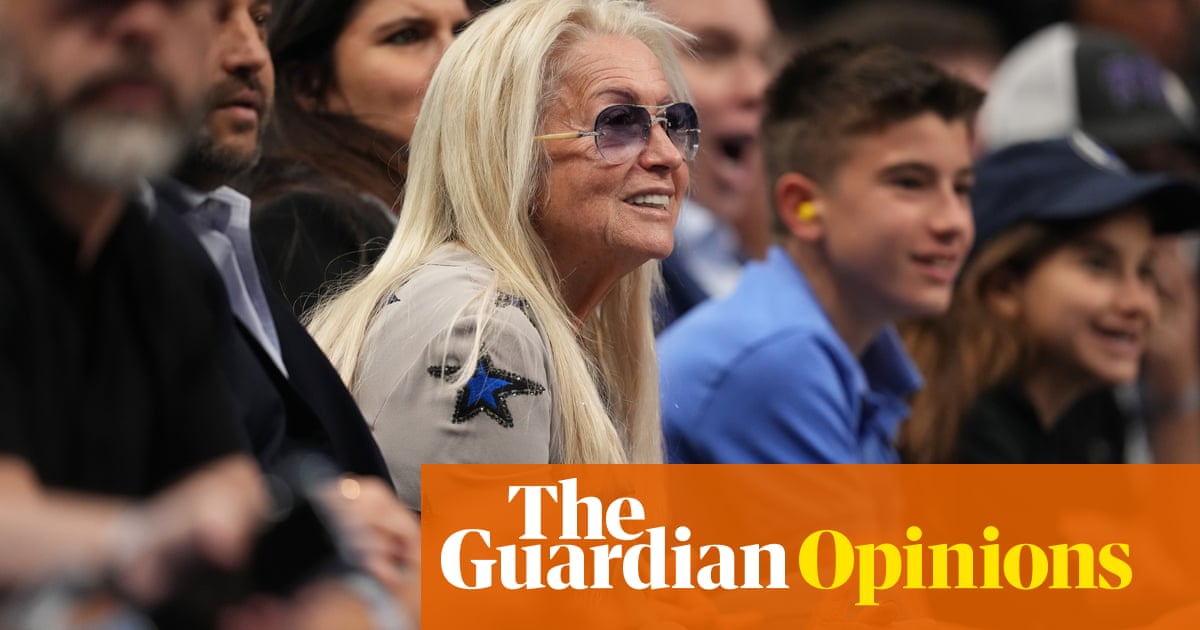When my sister was 21, she was diagnosed with dementia. She had survived a malignant brain tumour diagnosis when she was 10, but her cancer was inoperable and sat directly on her hippocampus, the part of the brain responsible for memory formation.
My sister moved in and out of what I would call “reality”. She spent days talking to people I couldn’t see, laughing at jokes I couldn’t hear. I would cajole her into playing Scrabble with me, and after a couple of hours she might say something “normal”, like, “How are you, Jackie?” She just needed mental stimulation, I would think. If I could play Scrabble with her every day, she would come back to me.
But she never stayed.
She had a particular world in which she thought I was an impostor. I begged and shouted, pleading until she acknowledged that I was the real me. Her sister.
Nowadays I work as a pastoral care practitioner in an aged care facility, and I spend my days with people experiencing dementia.
The most important thing I wish I had known about dementia when my sister was alive, and something I know now, is that she would not, and could not, get better. There might be some medicines which can ameliorate the symptoms, but overall, dementia is not currently reversible. Not by drugs, and not by playing 24/7 Scrabble. I wish I had known that the flickers of her former self were just that, flickers, not something I could achieve or perfect.

I also wish I had known that there are different types of dementia, each with their own features. Alzheimer’s disease is thought to cause about 60-80% of dementia cases, but there are other types, with different pathology trajectories.
For example, Lewy body dementia can cause visual hallucinations as one of the early symptoms, along with movement disorders which may look like Parkinson’s disease. Frontotemporal dementia can lead to personality and behavioural or language changes, depending on which part of the brain is affected first. Vascular dementia sees step-changes, as the person has something akin to mini-strokes. For a while it may seem like the person has stabilised, but then the disease progresses.
When my family first heard the word “dementia”, the internet as we know it now did not exist. I don’t remember receiving a pamphlet about dementia and what it would mean for my sister. Our understanding of dementia was limited to what we gleaned from other people’s experiences, almost exclusively with their elderly parents. We believed that dementia was a natural stage in ageing, and that my sister’s tumour had sped up the process.
But now there are websites, videos, fact sheets and live helplines. I now know that dementia is not, in fact, an inevitable part of getting older: it’s been estimated that one in 10 Australians over 65 live with the condition. I think back to my shouting, pleading 20-year-old self and my sister, lost in her imagined worlds, and I feel compassion for both of us. I am glad that now, as I spend my days working with people with dementia, I am better equipped at entering into their reality, rather than policing them.
The University of Tasmania’s Wicking Centre offers some of my favourite resources. I am working my way through free online courses, which cover other brain conditions like Parkinson’s, motor neurone disease and traumatic brain injury.
This year will mark my sister’s 10-year death anniversary. She would have turned 51. In the manner of younger siblings, I used to think that if she died before me, I would finally overtake her. But that’s not how it works. She will always be my big sister.
These days, when I visit a resident and they call out for their mother, I don’t tell them that their mum is dead. Instead, I cry out with them. I hope they feel a fleeting sense of peace, of vindication, because someone else has seen what they see.

.png) 5 hours ago
3
5 hours ago
3













































